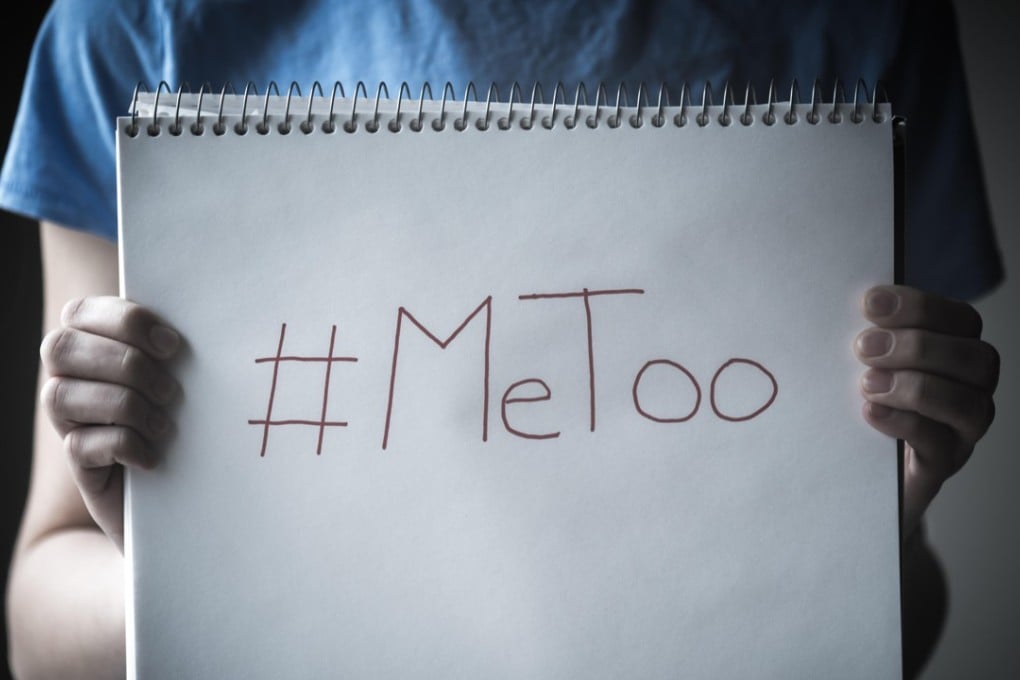China's #MeToo revival: famed activists, TV host and writer named
More than a dozen men facing allegations of harassment and sexual assault as movement spills over into NGOs, media and publishing

The #MeToo campaign is again gathering pace in China after it reached university campuses earlier this year, with a number of allegations of harassment and sexual assault being made this week against well-known figures in NGOs, media and publishing.
Encouraged by the movement, a number of women – some using their real names – have come forward on social media in recent days with accusations against more than a dozen men, and the number is growing.
Among those facing allegations is environmentalist Feng Yongfeng, who is accused of harassing and assaulting a number of charity workers in recent years, and anti-discrimination activist Lei Chuang, who is accused of raping a former volunteer at his charity three years ago.
Allegations have also been made against a well-known state television anchor, a famous writer, several media industry veterans and a worker from an international environmental group, to name a few.
The #MeToo movement – which started in the United States last autumn – was ignited in China after Luo Xixi, who studied at Beihang University in Beijing and is now a software engineer in the US, spoke out in January about having been assaulted by her thesis adviser Chen Xiaowu. Chen was later dismissed by the university.